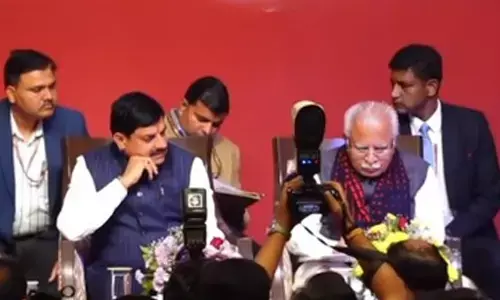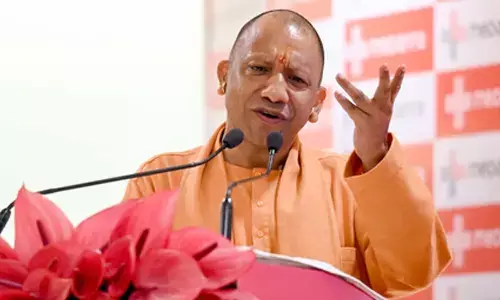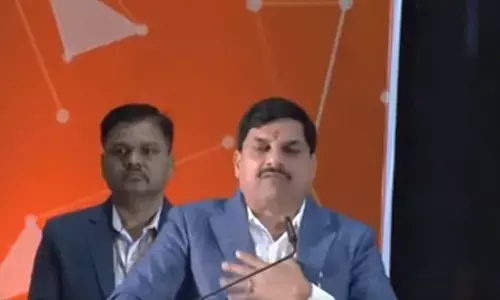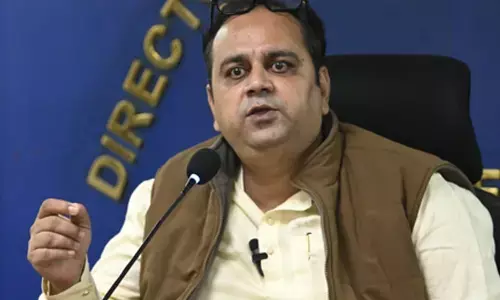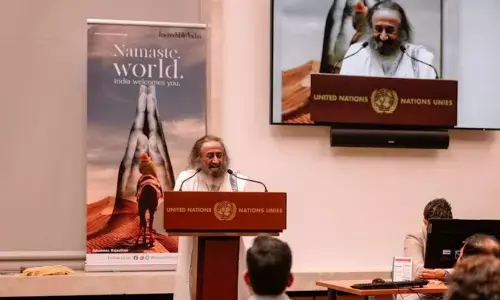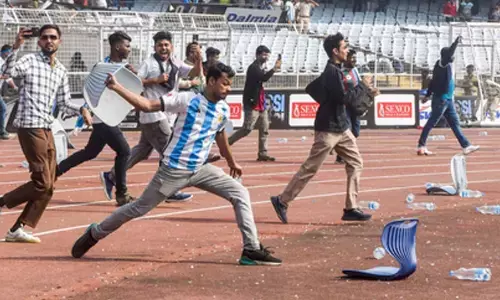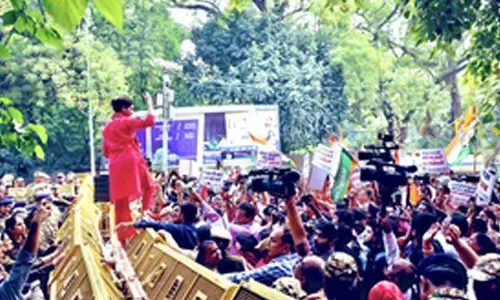Ayushman Bharat scheme: Delhi govt yet to take a call on signing MoU with Centre

The implementation of the governments ambitious Ayushman Bharat National Health Protection Scheme in the national capital hangs in balance as the Delhi government is yet to take a call on signing an MoU with the Centre over it
While Punjab, Kerala, Maharashtra, Karnataka and Delhi are yet to come on board, Odisha has refused to be a part of the scheme, an official said. As many as 22 states have preferred to run the scheme on "trust model".
The implementation of the government’s ambitious Ayushman Bharat-National Health Protection Scheme in the national capital hangs in balance as the Delhi government is yet to take a call on signing an MoU with the Centre over it.
The Delhi government has not yet given its approval for being part of the health insurance scheme which aims to provide a coverage of Rs 5 lakh per family annually and benefit more than 10 crore poor families across India.
According to Director General Health Services Kirti Bhushan, the draft memorandum of understanding (MoU) sent by the Health Ministry is still being examined.
“The central government is taking into account the Socio-Economic Caste Census (SECC) data of 2011 to ascertain the beneficiaries under the scheme. Going by that, in Delhi, only 30 lakh people can be covered under this data. This population is much less than the 1 crore and 80 lakh population,” he said, adding that the Delhi government is also working towards implementing its own health insurance scheme.
Bhushan also said that the Health Ministry should include the National Food Security card holders for providing benefits under the programme as doing that would take the number beneficiaries to over 1 crore. “However, no final decision has been taken over the matter and we have not refused to be a part of it. The draft MoU sent by the Health Ministry is still being examined,” he said.
Prime Minister Narendra Modi, in his Independence Day speech, said his government will launch the ambitious the Ayushman Bharat healthcare scheme on September 25. Modi had said the programme’s technology will be tested in the next one month to make it foolproof.
The scheme will target poor, deprived rural families and identified occupational category of urban workers’ families, 8.03 crore in rural and 2.33 crore in urban areas, as per the latest SECC data, and will cover around 50 crore people. While Punjab, Kerala, Maharashtra, Karnataka and Delhi are yet to come on board, Odisha has refused to be a part of the scheme, an official said. As many as 22 states have preferred to run the scheme on “trust model”.
The Centre has allocated about Rs 10,000 crore for the project, which is claimed to be the world’s largest government-funded healthcare insurance programme. It is yet to release its share of funds to the states.
The Union Health Ministry has launched a formal process to empanel public and private hospitals to achieve universal health coverage under the programme. The Centre was simultaneously carrying out beneficiary identification. Under the process, 80 per cent of beneficiaries, based on the Socio Economic Caste Census (SECC) data in the rural and the urban areas, have been identified.
The Health Ministry has included 1,354 packages in the scheme under which treatment for coronary bypass, knee replacements and stenting, among others, would be provided at 15-20 per cent cheaper rates than the Central Government Health Scheme (CGHS).








